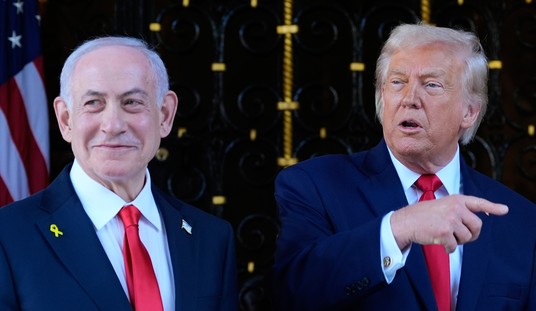From the moment that the election returns started to come in last November, the Republican Party has been engaged in a conversation on how it should rebrand itself or reinvent itself. How does the party reach out to certain groups and bring them into the tent so that they remain competitive in future elections nationwide?
While some in the party insist that the party does not need reform and simply needs to define the message more clearly, many in the party point to a need to reconsider some of the platform positions that Republicans have taken over the last few years. The most obvious among them was the immigration debate and the seemingly tone-deaf message Republican candidates proclaimed time and time again. Election returns indicated an alienation of Hispanic voters throughout the United States. Slowly but surely, it appears the Hispanic vote is moving even further away from the Republican Party. In fact, the only reliable vote amongst Hispanics for Republicans is that of Cuban exiles and Cuban-Americans.
It may, therefore, seem illogical to argue that the Republican Party needs to become vocal in calling for an end to the Cuban embargo. But forward-looking Republicans will see that this is a unique position in the current political climate where sound policy and political pragmatism are aligned.
As a relic of the Cold War, the Cuban embargo has proved an inefficient means of creating political change in Cuba. Internally, the embargo has been used as a tool by the Castros to blame the ills of the people on external forces, primarily the United States. For the American government, it has not yielded the changes in governmental structure or the end to human rights abuses that have been called for time and time again by a succession of presidents and congressional leaders.
Additionally, opposition to the embargo has only grown around the globe. Tourists and business interests from Europe and the rest of the Americas have sustained the Cuban economy. And let us not forget that the current conditions of the embargo still allow for American dollars to flow to Cuba through remittances, agricultural sales, and limited personal visitations.
Recent changes in the political leadership of the Communist government of Cuba lead to a safe assumption that dramatic changes to Cuban society are not coming in the near future. That being said, Cuban society will change in the future. The gradual liberation of the economy will inevitably lead to the gradual liberation of society in Cuba. If the embargo is maintained in perpetuity, then those who insist upon its continuation will also insist that the reason for Cuban freedom was its effectiveness. The flaw here is in declaring something that transpires due to its own circumstances a result of actions that have been proven to have no effect on it.
If the go-to Republicans on Cuban policy, such as Sen. Marco Rubio (R-Fla.) and Rep. Ileana Ros-Lehtinen (R-Fla.), find themselves persuaded that the pro-embargo argument is flawed, it will prove to be of political benefit to them and the Republican Party at large in the future.
The future of American politics demands more engagement with Hispanics. The future of the Cuban-American vote, typically stronger for Republicans, similarly demands attention due to the changes that appear to be on the horizon. Different polls following the November election offered differing margins with a Bendixen & Amandi poll showing a 52% – 48% margin in favor of Romney and Fox News reporting a 50% – 47% Romney win amongst Cuban-Americans. Both point toward a shrinking Republican majority in the Cuban-American vote when compared with the margins that McCain carried in 2008 and especially against the numbers that Bush carried in 2004.
Many experts suggest that this swing away from the Republican majority is due in large part to the growth amongst Cuban-Americans who have reached voting age as 3rd and perhaps 4th generation Americans. Not only do they self-identify with Americans more than with Cubans but their grievances against what the Castro regime has done to them and their family are much less personal. They are much more inclined to seek dialogue and reconciliation with the Cuban government than their parents or grandparents are.
Therefore, Republicans would be wise to take the lead on this issue instead of following the path that has been opened by the easing of restrictions from the Obama administration. Demanding that human rights be respected in Cuba and that the government be held to account by the international community for human rights violations against political dissidents is a position to which many pay lip service but few politicians follow through on. Speaking out against political oppression in Cuba will also serve Republicans well among the Hispanic community at large. A number of Hispanics in the United States have lived through or can identify with restrictive governments found throughout the region, whether it be in Venezuela, Nicaragua, or Ecuador.
It presents itself as an opportunity for Republicans to build back up some trust with Hispanics by identifying concern for issues that may resonate with some of them. Demand for an end to human rights violations by the Cuban government is principled policy built on a sound moral foundation. Simultaneously calling for an end to the economic embargo would signal a realization that it has been ineffective and would be a politically smart move for the future of the Republican Party. But a combination of principled policy and political calculation has not been common for Republicans as of late.









Join the conversation as a VIP Member